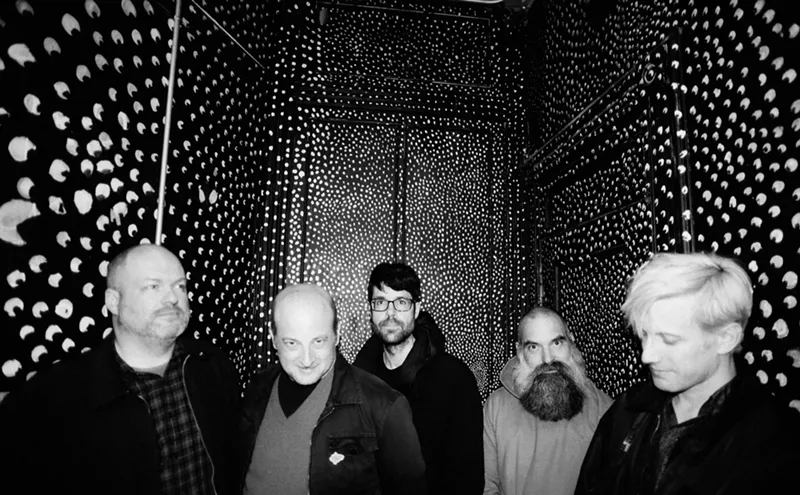See also: Should rap lyrics be used in criminal trials?
Of the top 25 charting hip-hop singles in 2013, Universal Music Group had a hand in 20, and when you look at the hip-hop landscape as a whole, the reality that one company is completely running the game is almost unavoidable. Cash Money, Def Jam, Aftermath, Roc-A-Fella, GOOD Music, TDE and Bad Boy are all in Universal's stable. Not only do they control your usual corporate-run suspects, they also control the rappers who are expected to change the game, like Kendrick and Kanye. But how much does this consolidation of power actually affect the music made? And most importantly, is there any hope?
Most heads will tell you unequivocally that the monolithic music industry is and always has been a problem in rap's evolution. As hip-hop has become more and more commercial, certain traits that have always been a part of rap have been elevated to primary importance: materialism, misogyny and ultra-masculinity, to name a few, because these are the qualities, for whatever reason, that make money.
Particularly problematic for some is that the controlling interests, dominated by white men, are strikingly homogeneous. The danger is that white men have no stake in hip-hop evolving culturally, only in it evolving economically. A look at history tells us that this fear is rational; artists are unique, but to find one who isn't reinforcing negative racial or socioeconomic stereotypes in order to fit the current template of how a rapper should act is harder than it should be. But is there any hope for change? Absolutely. The top two singles of 2013, "Thrift Shop" and "Can't Hold Us," were from Macklemore, an independent artist. When you consider Mac Miller, Danny Brown and Tech N9ne, all independent from the Big Three, it is clear that there are avenues to success that don't go through the major music labels. Tech N9ne is somewhat of an anomaly, a force of nature that's been able to successfully promote himself for years before the online revolution, but the key to breaking the musical monopoly right now is the Internet.
When you look at the breakout artists of 2013 -- Chief Keef, Chance the Rapper, A$AP Rocky, Kendrick Lamar, among others -- they had all gained significant traction before being signed to a major label. Nelly weighed in on Chief Keef's situation in particular, suggesting that Keef may have been better off staying unsigned and keeping control of his music. When Nelly was dropping "Hot Shit," that option was not available; rappers couldn't just put their videos up on MTV and hope for people to listen. With the Internet, they can expose themselves to an audience potentially larger than MTV's.
Universal Music Group has within its grasp our collective artistic future and, through that, a straight shot to our souls. We apply antitrust law to telephone and computer companies but refuse to apply it to our music. Our priorities as a nation are clear, and it is obvious that if there will be change in the hip-hop business model, it will have to come from within.
• BACKBEAT'S GREATEST HITS • - The fifty best rap lyrics of all time - The ten biggest concert buzzkills - Five more concert buzzkills - From Phish to Floyd, the ten best light shows
Follow @Westword_Music












